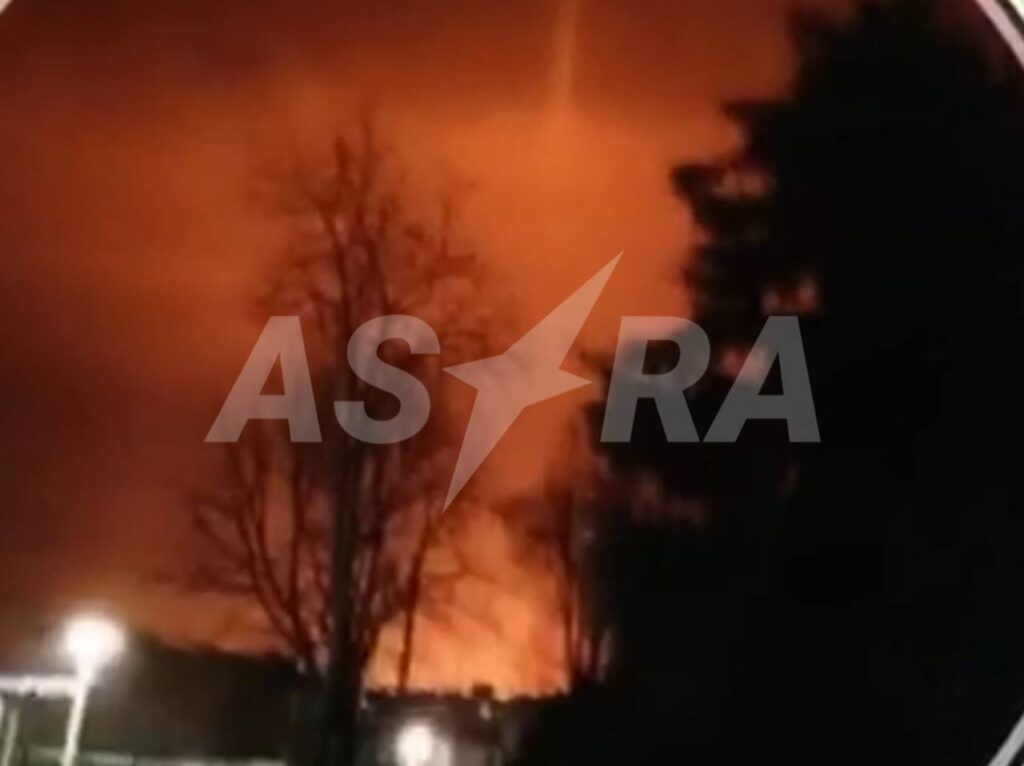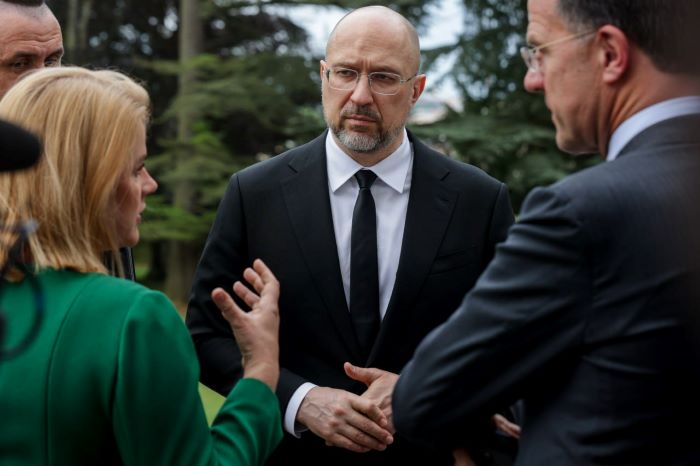Under Secretary Fernandez Co-Chairs Eighth Senior Economic Dialogue with the Republic of Korea
Office of the Spokesperson Under Secretary of State for Economic Growth, Energy, and the Environment Jose W. Fernandez joined the Republic of Korea (ROK) Second Vice Foreign Minister Kang Insun to co-chair the 8th U.S.-ROK Senior Economic Dialogue (SED) in Seoul on January 31, 2024. During the SED, Under Secretary Fernandez and Vice Foreign Minister Kang reaffirmed the strength of the U.S.-ROK economic relationship and discussed enhanced collaboration in a number of important areas, including: Economic security: The United States and ROK called for continued partnership in promoting economic security in the Indo-Pacific and globally. This includes cooperation on investment security to ensure that cross-border investment flows do not present national security risks to either country. Supply chains: Both countries emphasized the need to maintain close coordination and bolster initiatives that promote diverse, resilient, and secure supply chains in the most critical and innovative technologies. On critical minerals, each expressed continued support for cooperation on projects under the Minerals Security Partnership, which seeks to accelerate the development of diverse and sustainable critical energy minerals supply chains. They also discussed joint collaboration on supply chains early warning systems, including through the Indo Pacific Economic Framework (IPEF), to boost resilience in critical sectors. Finally, the United States and ROK explored deepening cooperation and investment through the CHIPS and Science Act and Inflation Reduction Act, including in green technologies such as batteries and electric vehicles. Infrastructure and development: Each side reiterated a commitment to closing the infrastructure gap and building higher quality and more sustainable infrastructure, including through promoting open, interoperable, reliable, and secure information and communications technology (ICT) infrastructure. On advancing sustainable development, they detailed progress made in third countries in Southeast Asia on improving marine litter monitoring and management, advancing energy access, and improving environmental resilience, and the United States highlighted bilateral partnership in Africa, including through Power Africa. The United States also outlined efforts to improve food security in Pacific Island countries through building on Feed the Future and expanding the Vision for Adapted Crops and Soils (VACS). Clean Energy Transition: The United States and ROK discussed collaborating with the private sector to meet decarbonization targets and working together on energy security, renewable capacity, and reducing methane emissions. The ROK is a key economic and trade partner, and the United States remains committed to deepening bilateral economic ties that will deliver real benefits to the American and Korean people and promote sustainable, resilient, and inclusive economic growth. For media inquiries, please contact E_Communications@state.gov.

Office of the Spokesperson
Under Secretary of State for Economic Growth, Energy, and the Environment Jose W. Fernandez joined the Republic of Korea (ROK) Second Vice Foreign Minister Kang Insun to co-chair the 8th U.S.-ROK Senior Economic Dialogue (SED) in Seoul on January 31, 2024. During the SED, Under Secretary Fernandez and Vice Foreign Minister Kang reaffirmed the strength of the U.S.-ROK economic relationship and discussed enhanced collaboration in a number of important areas, including:
Economic security: The United States and ROK called for continued partnership in promoting economic security in the Indo-Pacific and globally. This includes cooperation on investment security to ensure that cross-border investment flows do not present national security risks to either country.
Supply chains: Both countries emphasized the need to maintain close coordination and bolster initiatives that promote diverse, resilient, and secure supply chains in the most critical and innovative technologies. On critical minerals, each expressed continued support for cooperation on projects under the Minerals Security Partnership, which seeks to accelerate the development of diverse and sustainable critical energy minerals supply chains. They also discussed joint collaboration on supply chains early warning systems, including through the Indo Pacific Economic Framework (IPEF), to boost resilience in critical sectors. Finally, the United States and ROK explored deepening cooperation and investment through the CHIPS and Science Act and Inflation Reduction Act, including in green technologies such as batteries and electric vehicles.
Infrastructure and development: Each side reiterated a commitment to closing the infrastructure gap and building higher quality and more sustainable infrastructure, including through promoting open, interoperable, reliable, and secure information and communications technology (ICT) infrastructure. On advancing sustainable development, they detailed progress made in third countries in Southeast Asia on improving marine litter monitoring and management, advancing energy access, and improving environmental resilience, and the United States highlighted bilateral partnership in Africa, including through Power Africa. The United States also outlined efforts to improve food security in Pacific Island countries through building on Feed the Future and expanding the Vision for Adapted Crops and Soils (VACS).
Clean Energy Transition: The United States and ROK discussed collaborating with the private sector to meet decarbonization targets and working together on energy security, renewable capacity, and reducing methane emissions.
The ROK is a key economic and trade partner, and the United States remains committed to deepening bilateral economic ties that will deliver real benefits to the American and Korean people and promote sustainable, resilient, and inclusive economic growth.
For media inquiries, please contact E_Communications@state.gov.


